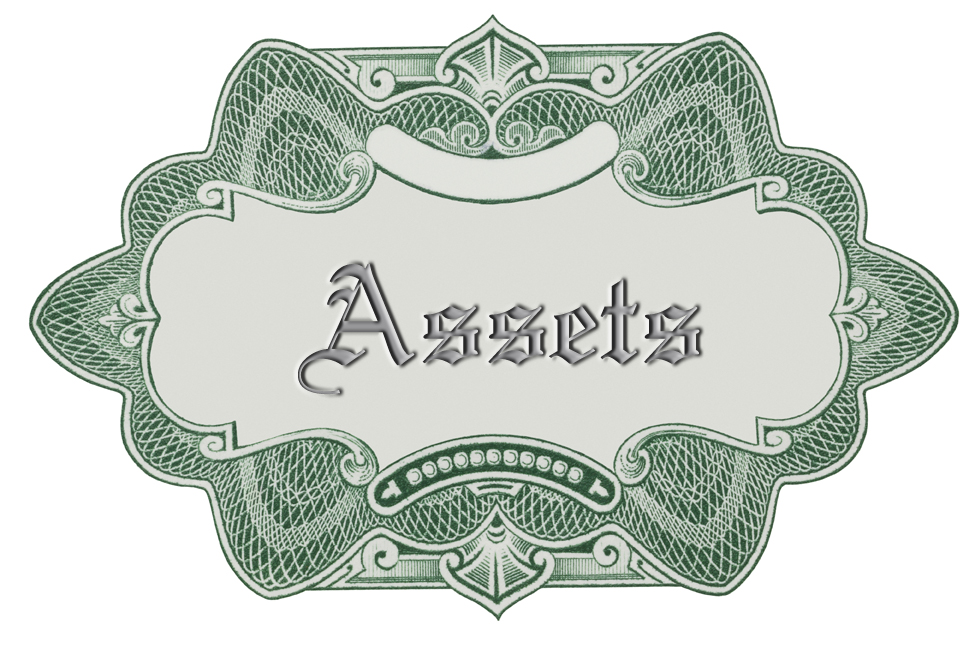Difference between Equity and Assets

For a business, equity and assets are among the most commonly used terms. Despite stark differences between the two, equity and assets are somewhat used in the same context when evaluating the financial situation of a company.
Assets, in simple terms, are resources available at a company’s disposal, either owned or simply controlled in order to use them for production purposes. Equity, on the other hand, is capital or money owned by the company’s owners, which is used for various purposes. Generally equity is the sum or the amount after all liabilities have been met. Equity may also be considered as the profits generated by the company.
To differentiate the two, one can simply relate asset as an item which can be sold to increase equity. Assets can come in various forms, such as tangible – cash, buildings, machines, equipment, furniture, machinery, computers, office supplies – and intangible – patents and goodwill etc. Equity on the other hand, is usually tangible in nature.
Assets can be further seen as long term or short term, depending on their liquidity. Most assets such as land, buildings and equipment cannot be converted easily into cash, despite being sources of income for the company.
The most common way to differentiate between equity and assets is using accounting information. Simply put, assets must equal liabilities plus shareholder’s equity, which further implies that equity will be the left over amount after taking into account all company related expenses and liabilities.
Asset and equity fluctuation may also vary. For instance, a land or property is a form of asset which is bound to increase over time. That increase is basically the rise in equity. In order to realize the gains or equity, the owner will need to sell that asset.
Instructions
-
1
Asset
It is an item which holds economic value for the owners and can be sold to generate cash. Assets can have physical presence such as land, building, equipment or could be termed as intangible – patents, copyrights etc. The value of assets is of great importance for a business while preparing various financial statements. These can further be distinguished on the basis of liquidity – current vs fixed assets.
Image courtesy: relationship-economy.com
-
2
Equity
In business terms, equity is the amount invested by an owner in a particular business. That equity is further calculated by subtracting the company’s assets from its liabilities.
Image courtesy: aonetwork.com








